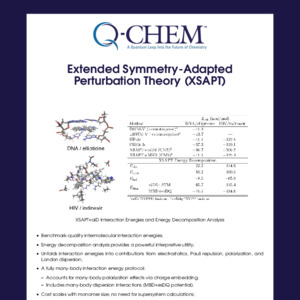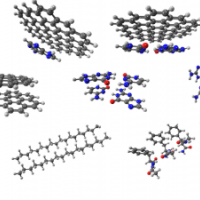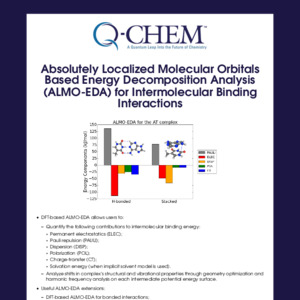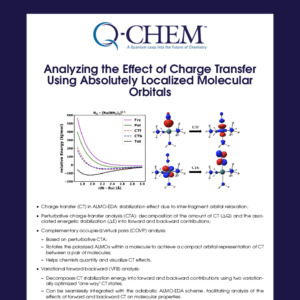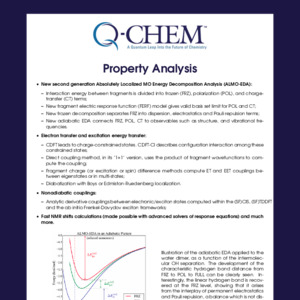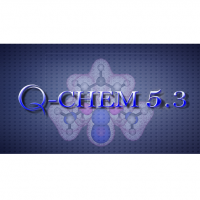Q-Chem Webinar 19
Accurate & Efficient Calculation of Non-Covalent Interactions using XSAPT

Prof. John Herbert obtained his Ph.D. from the University of Wisconsin at Madison, and performed his postdoctoral research at Ohio State University and the University of California at Berkeley. He is now an associate professor of Chemistry at Ohio State University and a board member of Q-Chem. Prof. Herbert's group develops and applies new electronic structure models and algorithms. He is especially known for his development of new density functionals for studying excited states in gas-phase, macromolecules and condensed phases, for his development of ab initio molecular dynamics algorithms, for his study of solvated radicals, and for his development of implicit solvation models. Prof. Herbert has been recognized with many awards, such as the Alfred P. Sloan Foundation Research Fellowship, the Camille Dreyfus Teacher-Scholar Award, and the ACS Outstanding Junior Faculty Award in Computational Chemistry.
Abstract
Non-covalent interactions pose a challenge to electronic structure theory since van der Waals interactions arise solely from electron correlation, yet low-level (DFT and MP2) descriptions of van der Waals interactions rarely achieve “chemical” (~1 kcal/mol) accuracy. I will describe the “XSAPT” family of methods for non-covalent interactions, which is based on an “extended” (many-body) version of symmetry-adapted perturbation theory, which is uniquely available in Q-Chem. These methods do achieve chemical accuracy in many cases, yet because SCF iterations are required only on the monomers, XSAPT is actually considerably cheaper than a DFT calculation for the collection of monomers, and comes with a built-in energy decomposition.
